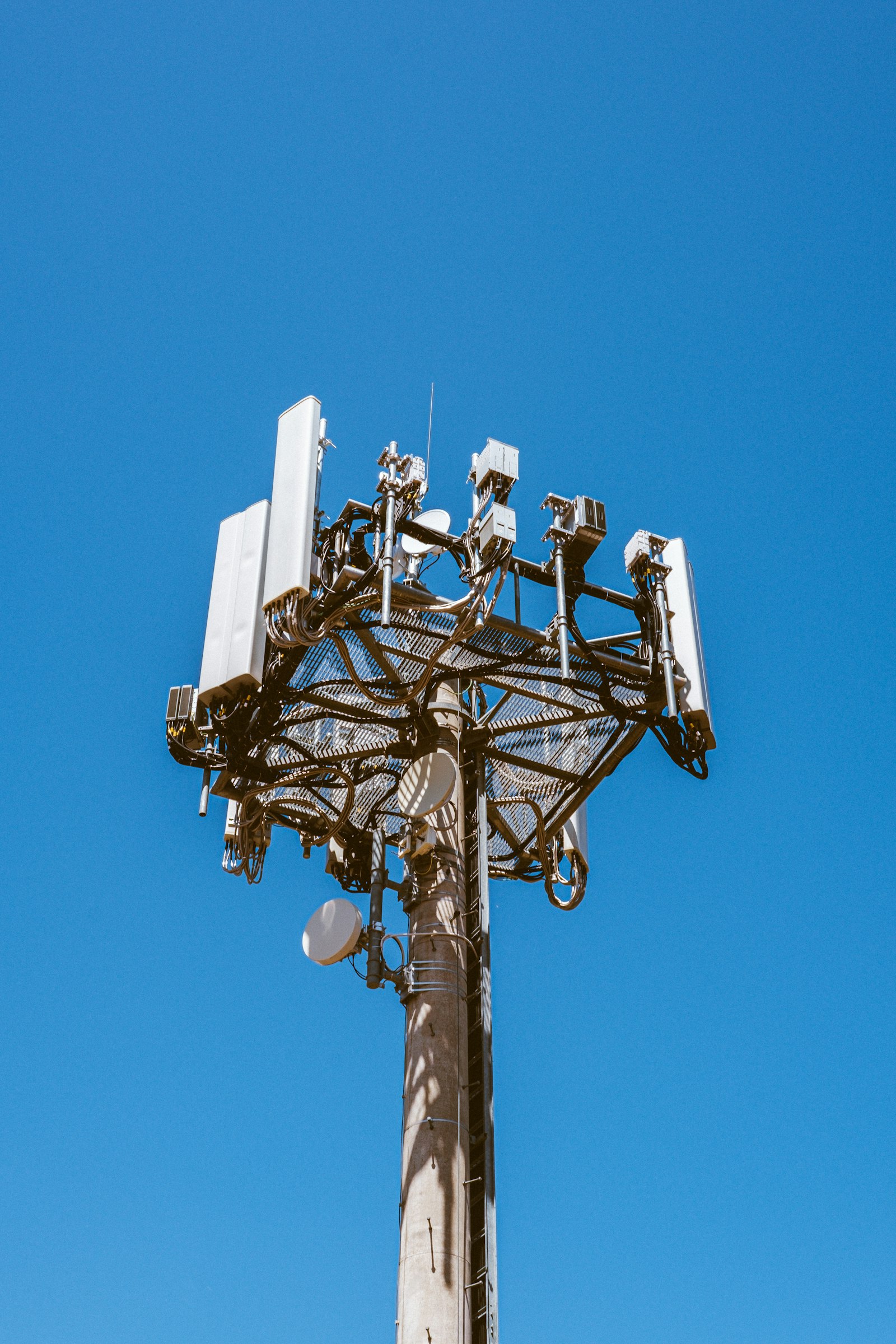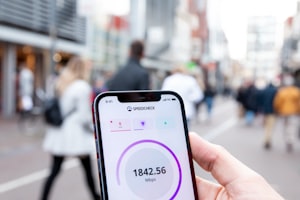If anything can unite Democrats and Republicans in Washington these days, it is distrust of China. The latest evidence of this came in the Secure Equipment Act of 2021, which landed on President Biden’s desk this week after passing the Senate unanimously and clearing the House by a vote of 420 to 4.
The legislation prohibits the Federal Communications Commission from considering applications or issuing equipment licenses to any company deemed to represent a national security threat—and the list of covered equipment and services names just five companies, all of which are state-backed Chinese firms: Huawei, ZTE, Hytera, Hikvision, and Dahua.
The bill was introduced in the House by Reps. Anna Eshoo (D-CA) and Steve Scalise (R-LA), and on the other side of the Capitol by Sens. Marco Rubio (R-FL) and Ed Markey (D-MA). “Equipment made by Huawei and ZTE, companies linked to the Chinese government, increases the vulnerabilities of our telecommunication systems and puts our national security at risk,” said Eshoo. “Bravo to Senators Markey and Rubio who pushed our legislation through the Senate just days after it passed in the House.”
Scalise echoed the sentiment, saying, “The Secure Equipment Act forcefully signals to the Chinese Communist Party that America is committed to protecting the privacy and security of our citizens, and I look forward to this legislation becoming law.”
The succinctly worded bill gives the FCC one year to adopt rules clarifying that it will no longer review or approve any application to authorize equipment on its covered list. Dating back to the 2018 National Defense Authorization Act, which barred the Defense Department from using certain equipment from Huawei or ZTE for particular programs, restrictions later expanded to cover other parts of the government and other companies and technologies.
In 2020, the FCC adopted rules requiring U.S. telecommunications carriers to rip out and replace equipment from covered companies—but only if the equipment was purchased with federal funding, not if it was purchased privately or otherwise. The Secure Equipment Act is intended to close that loophole, according to Rubio, and thereby rid U.S. telecommunications networks of any equipment identified as posing a security threat.






